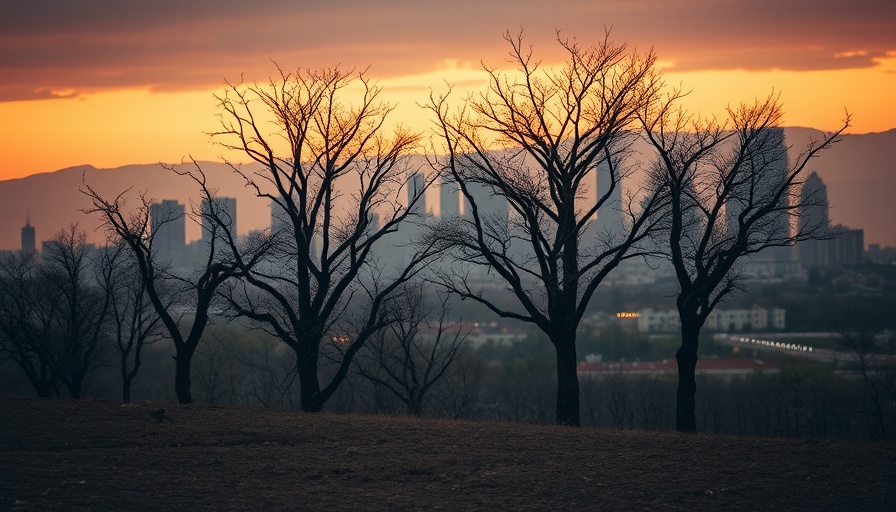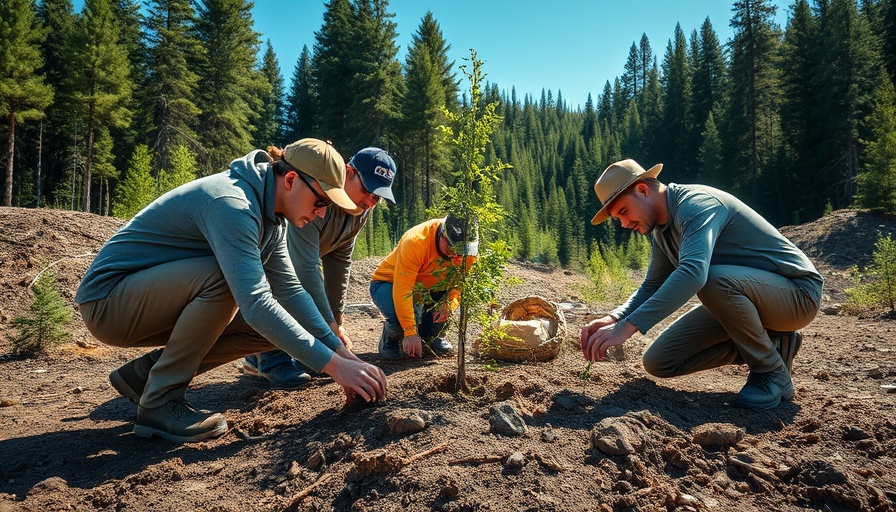
Plants’ Declining Carbon Sequestration: A Growing Concern
As emissions continue to rise, an alarming new study reveals that plants are losing their capacity to absorb carbon dioxide at an accelerating rate. The father-and-son research team from the UK, James and Sam Curran, reported that the natural CO2 sequestration rate reached its peak in 2008 and has been declining ever since, averaging 0.25% less absorption each year.
This decrease poses a dire threat to climate stability. “Emissions now need to fall by 0.3% per year just to maintain the current levels,” James Curran warned, which sounds particularly daunting given that emissions typically increase by about 1.2% annually. The cumulative effect of this imbalance could lead to a staggering 25-37% rise in atmospheric carbon dioxide.
The Roots of Reduced Carbon Absorption
Initially, increased CO2 levels contributed to warmer temperatures and enhanced vegetative growth; however, a tipping point has been reached. Climate impacts such as heat stress, wildfires, drought, and pest outbreaks have weakened plant growth, hindering their ability to sequester carbon. As a result, the connection between the deterioration of natural ecosystems and the urgency of the climate crisis becomes undeniable.
International Implications: What the Data Shows
Global patterns echo these findings, with regions like India projected to experience diminished carbon sequestration capabilities due to climate change. A study indicates that the strength of vegetation carbon sequestration across various ecosystems is also expected to decline. The nuances of this data reveal that heightened temperatures and altered rainfall patterns are disrupting vital vegetation growth and carbon uptake.
Technology and Policy: The Way Forward
Given this grim prognosis, innovation in carbon capture technologies becomes essential. The ongoing efforts to develop sustainable practices, such as afforestation initiatives, must be coupled with investment in technology to absorb carbon from the atmosphere. Experts argue that without significant advancements in carbon sequestration methods, achieving climate goals will remain a distant aspiration.
Your Role in Fighting Climate Change
Individuals also have a role to play in this crisis. By supporting sustainable practices in your community and advocating for policies that promote carbon reduction, we can collectively address the complex interplay between climate and ecological health. It is essential to educate ourselves about these issues and take action, every small step counts.
 Add Row
Add Row  Add
Add 




 Add Row
Add Row  Add
Add 



Write A Comment